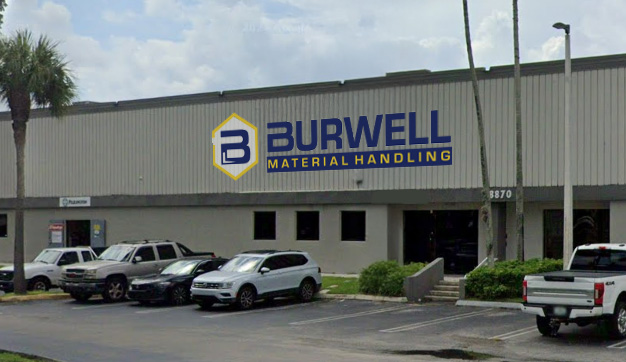The Equipment Leasing & Finance Foundation (the Foundation) releases the May 2018 Monthly Confidence Index for the Equipment Finance Industry (MCI-EFI) today. Designed to collect leadership data, the index reports a qualitative assessment of both the prevailing business conditions and expectations for the future as reported by key executives from the $1 trillion equipment finance sector. Overall, confidence in the equipment finance market eased further in May to 64.6, down from the April index of 68.3.
When asked about the outlook for the future, MCI-EFI survey respondent Michael Romanowski, President, Farm Credit Leasing Services Corporation, said, “Customers are continuing to work through the impacts of tax law changes and making decisions on how best to finance capital investments. Projects are beginning and we anticipate an increase in purchase leaseback activity in the last quarter of the year.”
May 2018 Survey Results:
The overall MCI-EFI is 64.6 in May, a decrease from 68.3 in April.
• When asked to assess their business conditions over the next four months, 22.2% of executives responding said they believe business conditions will improve over the next four months, a decrease from 33.3% in April. 74.1% of respondents believe business conditions will remain the same over the next four months, an increase from 63.3% the previous month. 3.7% believe business conditions will worsen, relatively unchanged from 3.3% who believed so the previous month.
• 29.6% of survey respondents believe demand for leases and loans to fund capital expenditures (capex) will increase over the next four months, a decrease from 46.7% in April. 70.4% believe demand will “remain the same” during the same four-month time period, an increase from 50% the previous month. None believe demand will decline, a decrease from 3.3% in April.
• 25.9% of the respondents expect more access to capital to fund equipment acquisitions over the next four months, down slightly from 26.7% in April. 74.1% of executives indicate they expect the “same” access to capital to fund business, an increase from 73% last month. None expect “less” access to capital, unchanged from last month.
• When asked, 44.4% of the executives report they expect to hire more employees over the next four months, a decrease from 46.7% in April. 55.6% expect no change in headcount over the next four months, an increase from 50% last month. None expect to hire fewer employees, down from 3.3% in April.
• 22.2% of the leadership evaluate the current U.S. economy as “excellent,” down from 30% last month. 77.8% of the leadership evaluate the current U.S. economy as “fair,” up from 70% in April. None evaluate it as “poor,” unchanged from last month.
• 25.9% of the survey respondents believe that U.S. economic conditions will get “better” over the next six months, a decrease from 30% in April. 70.4% of survey respondents indicate they believe the U.S. economy will “stay the same” over the next six months, an increase from 63.3% the previous month. 3.7% believe economic conditions in the U.S. will worsen over the next six months, a decrease from 6.7% in April.
• In May, 37% of respondents indicate they believe their company will increase spending on business development activities during the next six months, a decrease from 53.3% in April. 63% believe there will be “no change” in business development spending, an increase from 43.3% the previous month. None believe there will be a decrease in spending, down from 3.3% who believed so last month.
May 2018 MCI-EFI Survey Comments from Industry Executive Leadership:
Independent, Small Ticket
“Demand is strong this spring. Small business seems determined to move forward and to keep investing in equipment that will produce income. In spite of the manic performance of Wall Street and the ongoing drama in Washington, Main Street America continues to stay the course.” Valerie Hayes Jester, President, Brandywine Capital Associates
Bank, Middle Ticket
“Stronger economic conditions continue, and in spite of deterrents like rising interest rates, the advantages of tax reform offset them.” Harry Kaplun, President, Specialty Finance, Frost Bank









